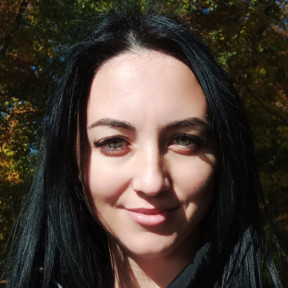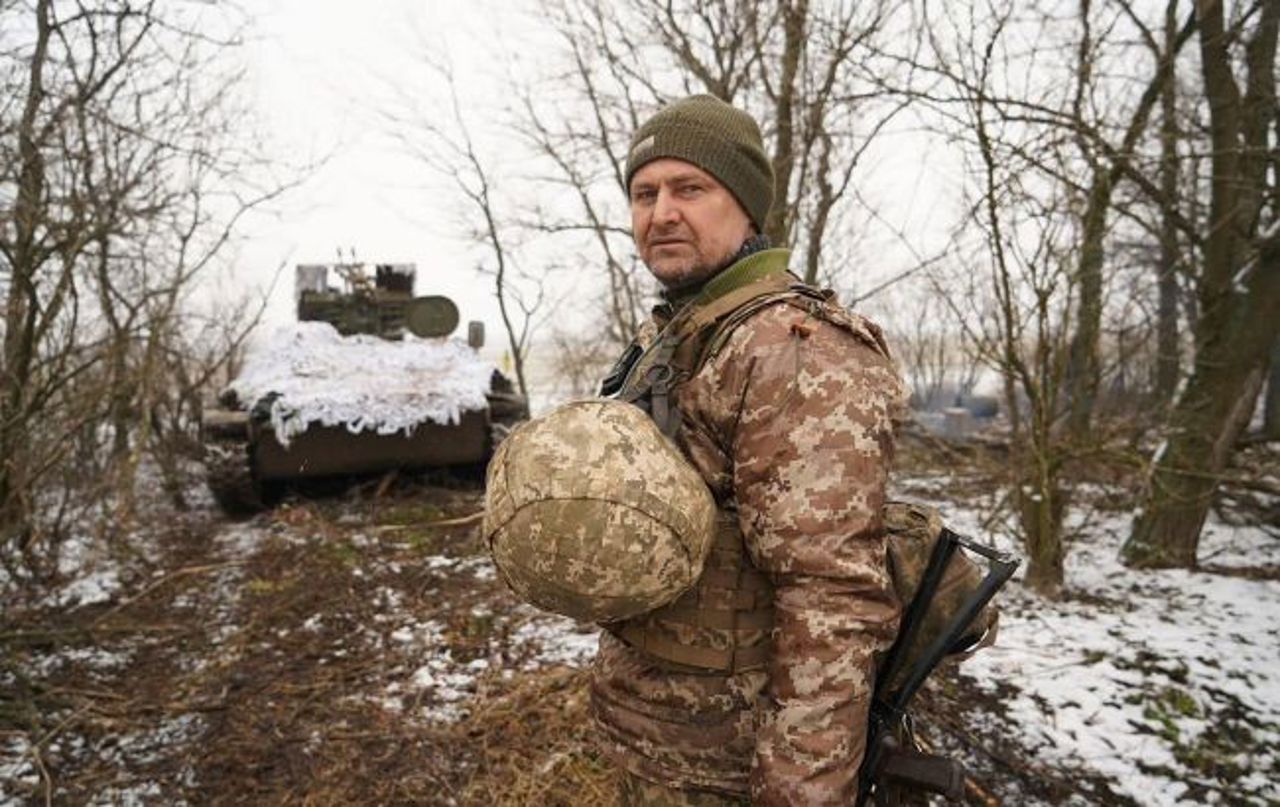Rising Autism Rates: Challenges and Support in Moldova
At a global scale, the incidence of autism among children is experiencing a notable uptick. Presently, in the Republic of Moldova, specialists report that over 1,300 individuals, primarily children, are diagnosed with various forms of autism.

While support for those with autistic spectrum disorders is offered through primary healthcare facilities, including community mental health centres and hospitals, such aid is deemed inadequate. This insufficiency stems from the exorbitant costs associated with treatment and the nominal governmental assistance provided.
According to recent findings, 1,310 individuals in the Republic of Moldova have been diagnosed with autism, of which 1,280 are children, as reported by Aliona Dumitraș, executive director of a non-governmental organisation and a parent to a child with autism, in an interview with Radio Moldova. Dumitraș emphasises the challenges faced by parents in raising a child with autism, citing emotional burdens alongside the considerable expenses of treatment and rehabilitation, compounded by limited state support.
Significant strides have been made, including the establishment of a centre for adults last year. External aid, sourced from international partnerships and implemented projects, has been instrumental. Previously, financial backing from the National Health Insurance Company supported four doctors at our medical centre. However, despite these efforts, raising a child with autism in the Republic of Moldova remains financially burdensome, with therapies being costly and inadequately covered.
While autism spectrum disorders generally manifest within a child's first two years, delayed diagnosis until school age is not uncommon, contingent upon symptom severity. In the Republic of Moldova, individuals with autism benefit from various services, including free screening tests for toddlers aged 18-24 months and complimentary medical services and medications upon hospital admission.
Moreover, specialised intervention centres offer medico-social services, facilitating the evaluation of affected children and providing behavioural therapies to enhance their quality of life and promote educational and social integration. Notably, these services are funded by the National Health Insurance Company, signifying a commitment to addressing the multifaceted needs of individuals with autism in Moldova.
Translation by Iurie Tataru






